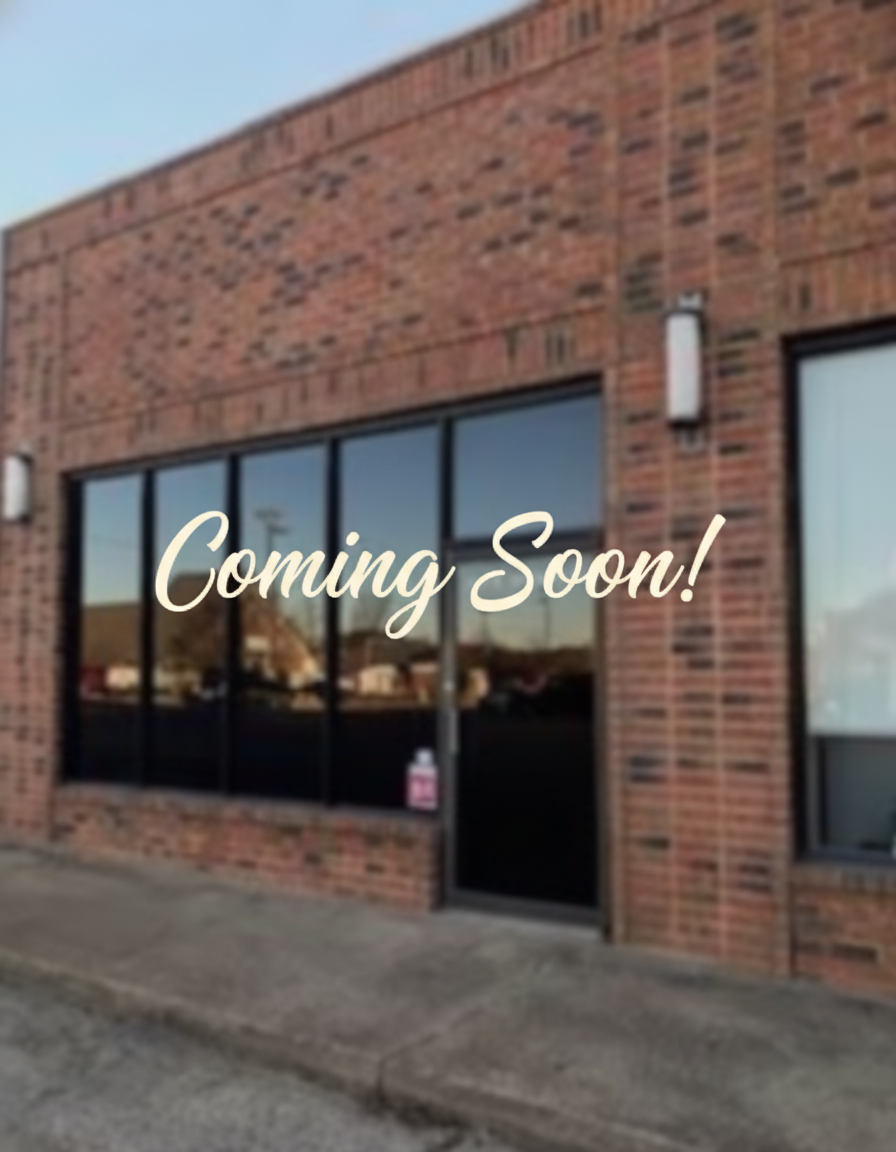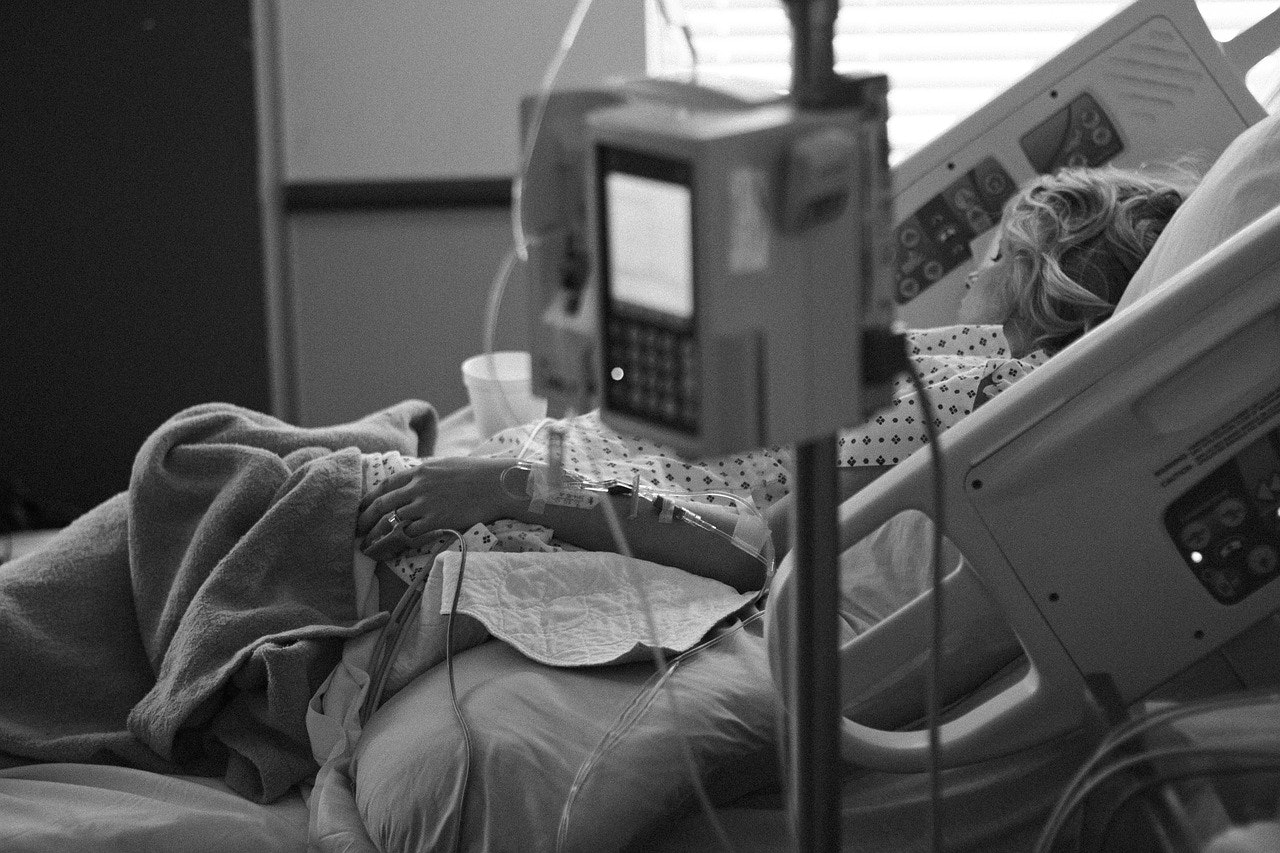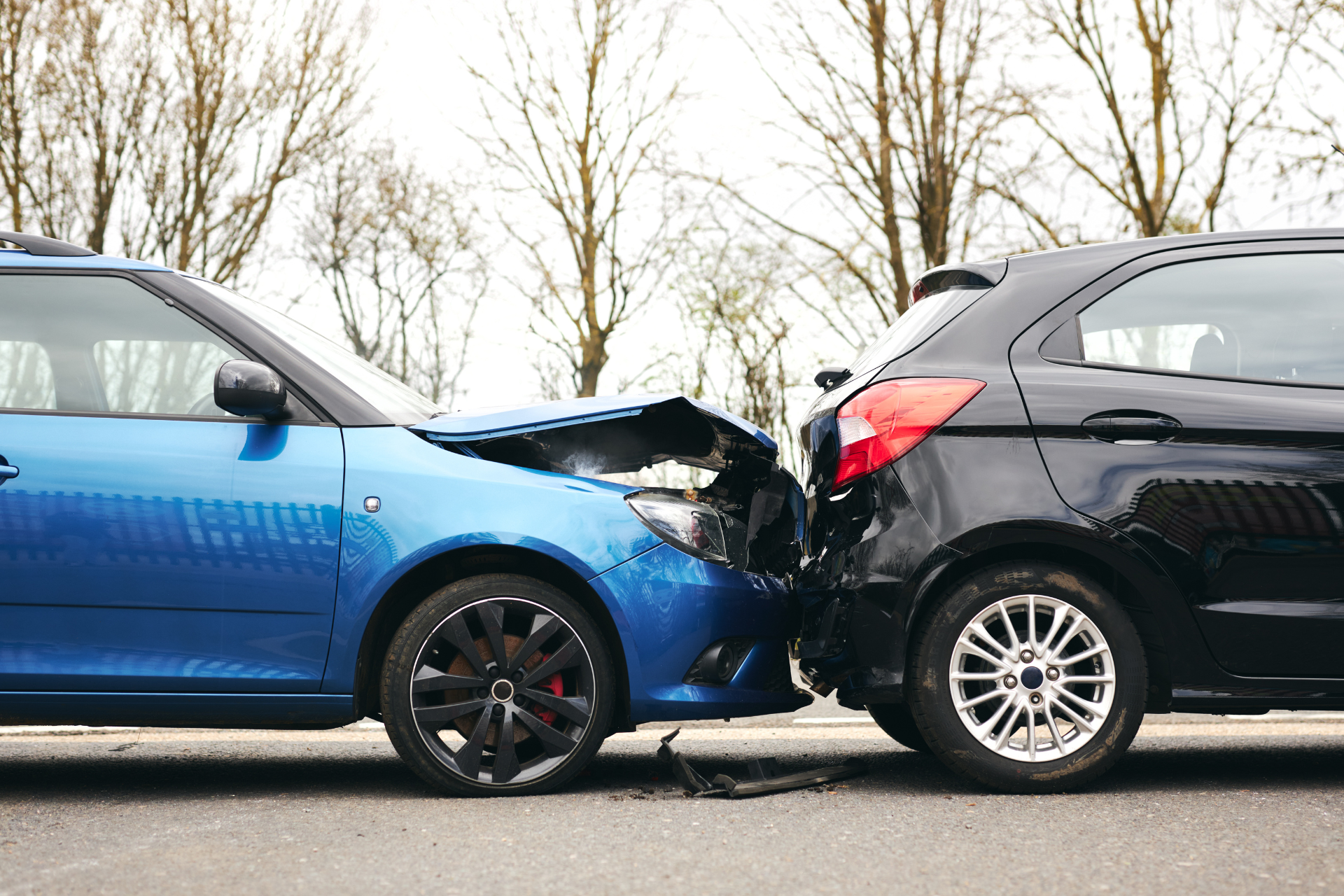Stay Informed with Paul Ford
Our Blog
Our Big Move: New Office Location in Jonesboro
We are excited to announce a significant change for our firm, Paul N. Ford, Attorney at Law. After many years on Washington Avenue, we're thrilled to relocate to a new office space that better...
Read more
Paul Ford featured on West Memphis Three Panel at Arkansas State
On November 6, attorney Paul Ford shared his experiences at Arkansas State University as part of a distinguished panel featuring Judge Dan Stidham and attorney Jeff Rosenzweig discussing the...
Read more
Data Reveals 72% Increase in In Patient Suicides in 2024
The Joint Commission recently released its 2024 Sentinel Event Data which summarizes the data reported to Joint Commission from its accredited healthcare organizations in 2024. The Joint Commission...
Read more
Preventing Inpatient Suicides: Essential Measures
Understanding the Severity of Inpatient SuicidesInpatient suicides remain a critical concern within healthcare facilities, given the profound responsibility institutions have for patient safety....
Read more
The Difference Between Misdemeanor and Felony Charges: What You Need to Know
When facing criminal charges, understanding the difference between misdemeanors and felonies is crucial. These classifications determine the severity of the offense, potential penalties, and the...
Read more
Understanding Wrongful Death Claims in Jonesboro: Who Can File and What to Expect
Losing a loved one due to someone else's negligence or wrongful act is a devastating experience. In Jonesboro, families have the legal right to seek justice through a wrongful death claim. If you...
Read more
How to Choose the Right Criminal Defense Lawyer for Your Case
Facing criminal charges can be overwhelming, and choosing the right criminal defense lawyer can significantly impact the outcome of your case. With so many legal professionals available, knowing...
Read more
What to Do After a Car Accident in Jonesboro, AR: A Step-by-Step Guide
Car accidents can be overwhelming and stressful, but knowing what steps to take can help protect your health, legal rights, and financial future. Whether you’re dealing with minor injuries or major...
Read more
Understanding Criminal Charge Terminology: Your Guide to Key Legal Terms
Legal jargon can often be confusing and intimidating for individuals who aren't familiar with the criminal justice system. Understanding these key legal terms can help empower you to feel more...
Read more









